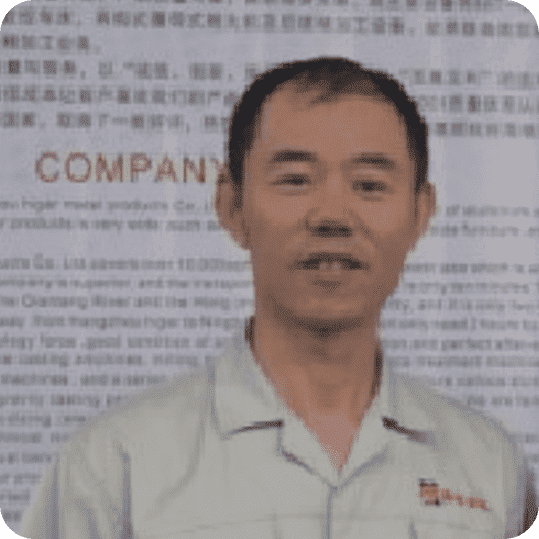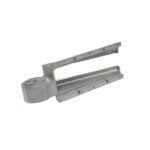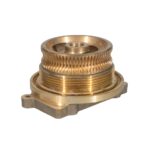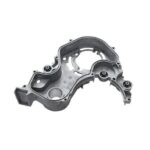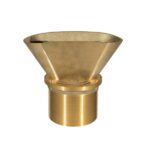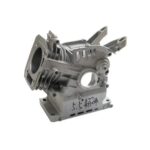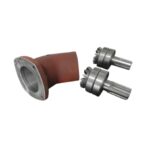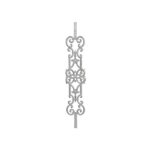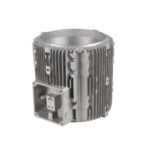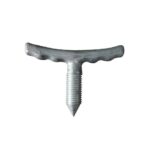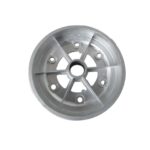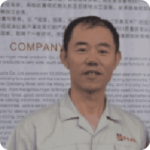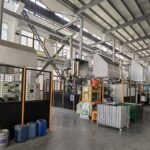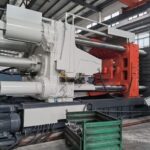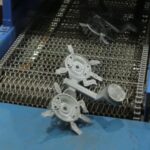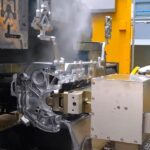Electric vehicles (EVs) are redefining transportation by offering sustainable solutions and reducing reliance on fossil fuels. Key to their success is lightweighting, which enhances vehicle range and efficiency. Casting technologies play a pivotal role in this evolution.
Market Overview: EV Industry 2024
- Growing Demand: EV sales surpassed 6 million units globally in 2023.
- Significant Investments: Over $92 billion invested in the EV supply chain, fueled by policies like the Inflation Reduction Act in the U.S.
Casting processes, such as die casting and sand casting, enable the production of essential EV components like battery casings and motor housings.
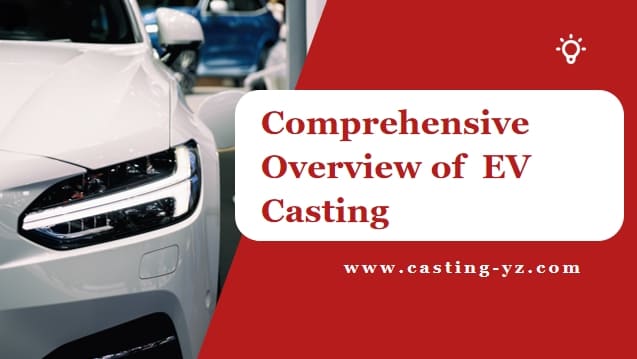
EV Casting Techniques
1. Die Casting
- Process: Molten aluminum is injected into steel molds under high pressure.
- Applications: High-volume production of motor housings and structural parts.
2. Sand Casting
- Process: Molten aluminum is poured into sand molds.
- Applications: Prototyping and low-volume production of intricate shapes.
3. Investment Casting
- Process: Molten aluminum is poured into ceramic molds formed from wax patterns.
- Applications: Precision components like sensor housings.
Comparison of Casting Methods
| Feature | Die Casting | Sand Casting | Investment Casting |
|---|---|---|---|
| Dimensional Accuracy | High | Low | High |
| Surface Finish | Smooth | Rough | Smooth |
| Production Volume | High | Moderate | Low |
| Applications | Battery casings, motor housings | Engine components | Precision gears, housings |
Materials in EV Casting
Aluminum Alloys
Aluminum dominates EV casting due to its:
- Low Density: Reduces weight for enhanced range.
- Corrosion Resistance: Extends component lifespan.
Popular alloys:
- A356: Versatile with excellent corrosion resistance.
- 6061: High strength for structural applications.
Magnesium Alloys
- Advantages: Exceptional weight reduction potential.
- Limitations: Reactivity and lower mechanical strength compared to aluminum.
Multi-Material Casting
Combines materials like aluminum and copper for optimized functionality, such as electrical conductivity and strength.
Searching for High-Quality for Cast Aluminum Parts?
You’ve come to the right place! Yongzhu Casting is a certified die casting manufacturer with over 20 years of expertise in the industry.
We have successfully completed numerous die casting projects for Aluminum casting parts, particularly in your industry.

Zhejiang Yongzhu Casting Technology Co., Ltd.
Location: Zhejiang, Shaoxing
Company type: Manufacturing
Year Founded: 2004
Main Products: Aluminium die casting, Mold Making, Die Casting, Sand Casting, Gravity Casting
Leading Chinese producer Yongzhu Casting is formerly known as Hangzhou Higer Metal Products Co., Ltd., was established in 2004.
With 20 years of experience in the industry, we are a specialized manufacturer in Aluminum casting and Machining.
Our products are widely used in various applications such as Automotive, Energy, Lighting, Medical, Home Furnishings, Machinery & Equipment etc. Below is one of our products.
It’s worth mentioning that the evolution of rapid logistics has transformed how industries approach purchasing. Aluminum casting orders can now be sourced from overseas suppliers efficiently.
For instance, working with YONGZHU CASTING, you can inquire, order, and even find better value than your local options—all while maintaining assured quality.
Design Review & DFM Support
Our professionals will evaluate your designs and provide suggestions for cost savings. Additionally, we offer Design for Manufacturing (DFM) assistance and conduct mold flow analyses to facilitate efficient production.
State-of-the-Art Manufacturing Equipment
Our facility is equipped with advanced hot-chamber and cold-chamber die casting machinery for aluminum and zinc production.
We also utilize high-precision CNC machines in a temperature-controlled workshop, featuring 3-Axis, 4-Axis and 5-Axis setups to manage any project you have.
Rigorous Quality Control Measures
Our dedicated quality control team ensures that all parts meet the highest standards of quality and consistency. We employ high-accuracy measurement instruments, including CMM, spectrometers, and X-ray detectors.
Comprehensive Surface Treatment Options
We provide a variety of surface finishing techniques for your precision die casting components. Our in-house services include cleaning, polishing, anodizing, shot blasting, and painting.
Flexible Project Acceptance
While larger manufacturers often shy away from low-volume projects, and smaller ones may struggle with quality, Yongzhu Casting stands apart. We prioritize customer satisfaction and willingly accept high-mix, low-volume projects like yours.

Giga Casting: Transforming EV Manufacturing
Pioneered by Tesla, giga casting involves large-scale die casting for single-piece vehicle components.
Benefits:
- Cost Reduction: Eliminates welding and assembly steps.
- Structural Integrity: Fewer joints enhance strength.
- Weight Optimization: Reduces overall vehicle weight.
Challenges:
- High initial investment.
- Limited material options.
Challenges in EV Casting
1. Material Properties
- Strength: Aluminum alloys may need reinforcement for high-stress areas.
- Conductivity: Alternatives may be required for electrical applications.
2. Defects and Porosity
Advanced techniques like vacuum casting help minimize air pockets and ensure consistent quality.
3. Joining and Assembly
Dissimilar material joining and maintaining structural integrity remain areas of focus.
Future of EV Casting
Innovations to Watch:
- Additive Manufacturing for Casting Molds:
- Speeds up prototyping.
- Enables intricate mold designs.
- Advanced Alloys:
- Enhanced strength and sustainability.
- Increased use of recycled materials.
- Simulation Technology:
- Optimizes casting processes for defect-free production.
FAQs
1. What is the primary material used in EV casting?
Aluminum alloys dominate due to their lightweight and corrosion-resistant properties.
2. How does giga casting benefit EV manufacturing?
It reduces complexity, enhances strength, and lowers production costs by consolidating components.
3. What are the common alloys used in EV casting?
Popular choices include A356 for general use and 6061 for high-strength applications.
4. Can magnesium alloys replace aluminum in EV casting?
Magnesium offers better weight reduction but has lower strength and higher reactivity.
5. What challenges are associated with casting EV components?
Challenges include porosity, material limitations, and joining dissimilar materials.
6. What role does simulation play in casting?
Simulation tools help identify potential defects and optimize process parameters for quality control.
7. Why is multi-material casting important?
It combines materials to achieve specific functionalities, such as strength and electrical conductivity.
8. What is the future of EV casting?
Advancements include new alloys, 3D-printed molds, and improved simulation tools.
9. How does casting impact EV efficiency?
Casting reduces weight, improving range and energy efficiency.
10. Why choose Yongzhu Casting for EV components?
Our expertise, advanced technology, and commitment to quality make us a trusted partner in EV manufacturing.

